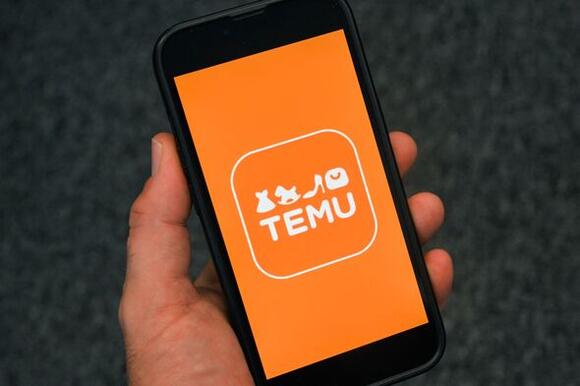Chinese discount retailer Temu has altered its U.S. business strategy in response to new regulations on low-value imports implemented by the Trump administration on Friday.
In a sudden move, Temu’s website and app now only showcase products available from U.S.-based warehouses. Items previously shipped directly from China—once the core of its platform—are now marked as out of stock.
Temu gained popularity in the U.S. by offering ultra-low-cost goods shipped from China, including $5 sneakers and $1.50 garlic presses. Its low prices were largely enabled by the “de minimis” rule, which since 2016 has allowed shipments valued under $800 to enter the U.S. duty-free.
The loophole closed at 12:01 a.m. EDT on Friday following an executive order signed by President Donald Trump in April. Trump had temporarily suspended the de minimis rule in February but reinstated it days later after customs officials faced challenges processing and collecting tariffs on a surge of low-value shipments.
The end of the de minimis exemption, combined with former President Donald Trump’s newly imposed 145% tariffs on Chinese goods, has forced Temu to overhaul its U.S. operations. The company has raised prices, paused its aggressive digital marketing campaigns, and restructured its product offerings to avoid the steep new import duties.
A Temu spokesperson told CNBC that all U.S. sales are now managed by domestic sellers, with orders fulfilled “from within the country.” Despite the changes, Temu claims prices for American shoppers “remain unchanged.”
“Temu has been actively recruiting U.S. sellers to join the platform,” the spokesperson added. “This initiative aims to help local merchants expand their customer base and grow their businesses.”
Previously, customers trying to buy items shipped from China were hit with import fees ranging from 130% to 150%—often exceeding the cost of the product itself and doubling total order prices.
Temu now highlights that items from local sellers come with “no import charges” and “no extra charges upon delivery.”
Temu’s parent company, Chinese e-commerce giant PDD Holdings, has spent the past year gradually building up its U.S. inventory in anticipation of rising trade tensions and the potential end of the de minimis exemption.
Shein, another major Chinese retailer that had benefited from the same loophole, responded to the policy shift by raising prices last week. At checkout, Shein now displays a banner informing customers that “Tariffs are included in the price you pay. You’ll never have to pay extra at delivery.”
Many third-party sellers on Amazon also depend on Chinese manufacturers for sourcing or assembling products. Amazon’s Temu-style offering, Amazon Haul, has taken advantage of the de minimis rule to ship items priced at $20 or less directly from China to U.S. customers.
After a recent dispute with the White House, Amazon said on Tuesday that it had considered displaying tariff-related costs for Haul products in anticipation of the rule’s end but ultimately abandoned that plan.
Even before Trump’s second term began, the Biden administration had considered scaling back the de minimis provision. Critics argue the rule undercuts U.S. businesses and creates a loophole for illicit shipments—such as fentanyl—by reducing the likelihood that low-value packages will be inspected by customs officials.

